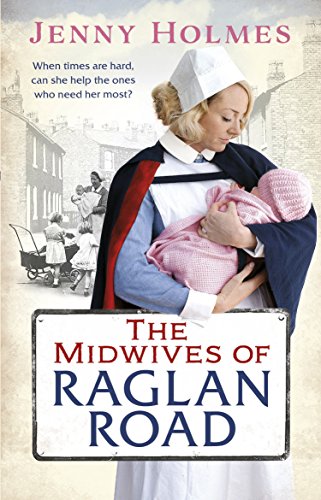The Midwives of Ragland Road
Following the current media interest in midwifery in the post-war years, the author has chosen to focus on the impact of a newly qualified independent midwife during the mid-1930s on a working-class area of Yorkshire. Hazel Price has the unenviable task of convincing the local mums-to-be that a professionally trained midwife is a much safer option for the delivery of their next baby than the long-held custom of using an untrained local woman that results in a then-50 percent mortality rate of both babies and mothers. Fortunately, the GP for the area, Dr David Bell, is sufficiently enlightened to want to start an antenatal clinic at his surgery, with Hazel leading the service. Persuading her clientele to transition to modern methods of care proves to be very challenging, and when a young mother and baby die tragically due to an undiagnosed complication in late pregnancy, accusations start to fly with Hazel as the prime target, though she was not caring for the woman until after complications arose. Her reputation is seen to be vulnerable, compounded by the developing relationship with the bereaved husband, who appears to absolve her of any blame.
In developing a story around the difficulties associated with childbirth, Jenny Holmes has brought in elements of other key factors relating to women’s lives in this period, including access to abortions and mixed-race births. The desire to gain independence as a single person was a challenge for young women. Holmes has addressed it thoughtfully in this story, developing believable characters and an interesting narrative to draw the reader into their lives.










